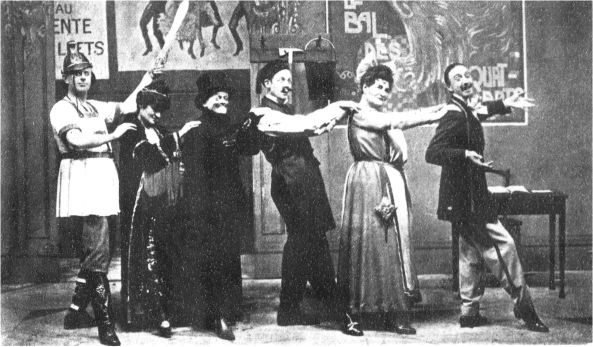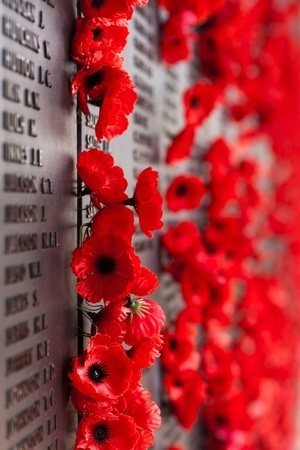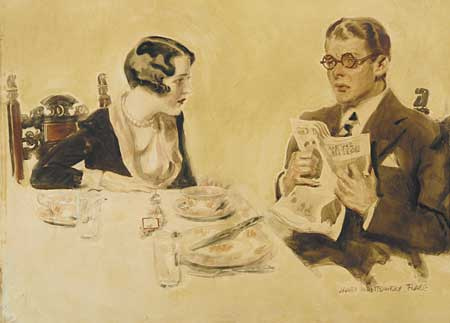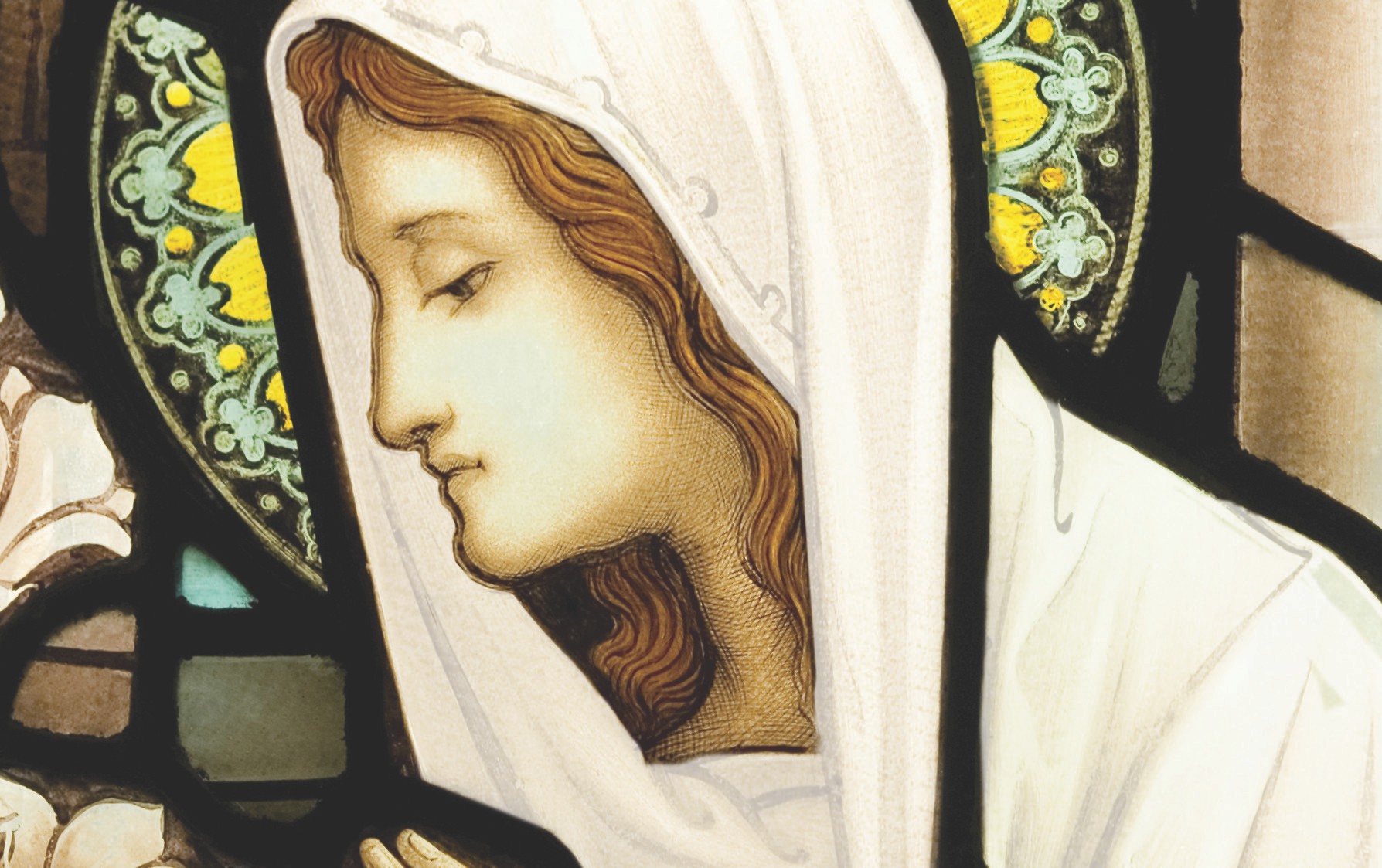From Mary Wollstonecraft’s call for chastity as a universal rather than a female virtue in A vindication of the rights of woman (1792), through nineteenth and early-twentieth century writings on the commodification of women in marriage and prostitution and campaigns for rational dress, to fights for women’s reproductive rights and sexual liberation in the 1960s and 1970s, the female body and female sexuality as sites of oppression and empowerment have long occupied a central place of concern in feminist theory and practice. In the new millennium, as in previous decades, this interest continues to engender productively diverse and conflicting, as well as often conflicted, responses by feminist scholars across disciplines whose work reflects upon and attempts to conceptualise women’s sexual bodies within the cultural and political landscapes of the twenty-first century.
Read More »

















